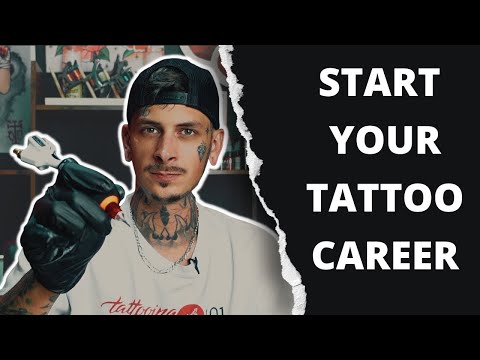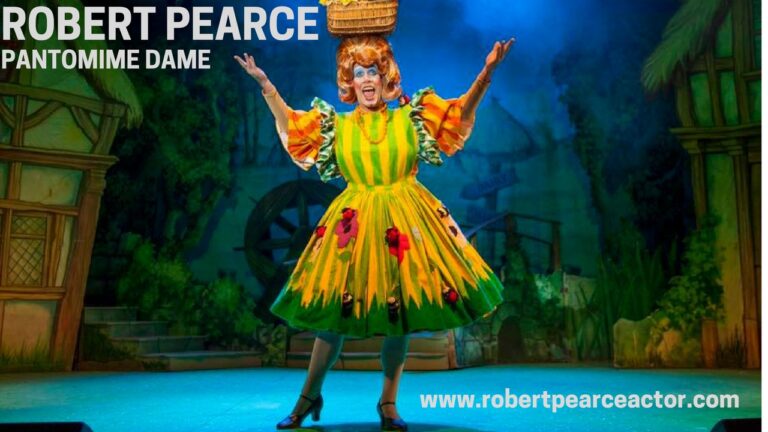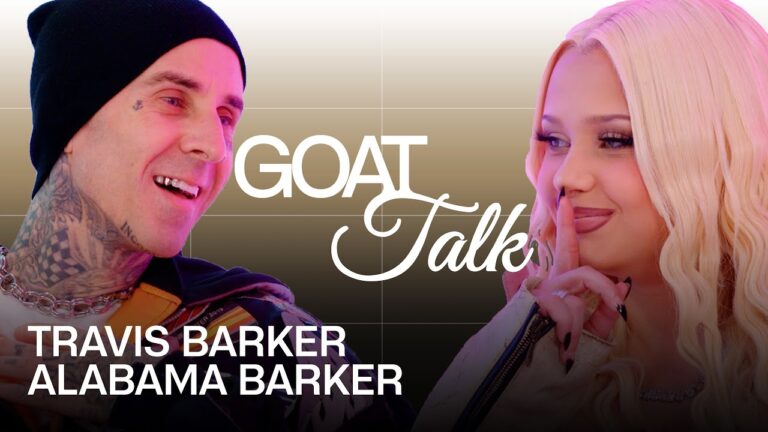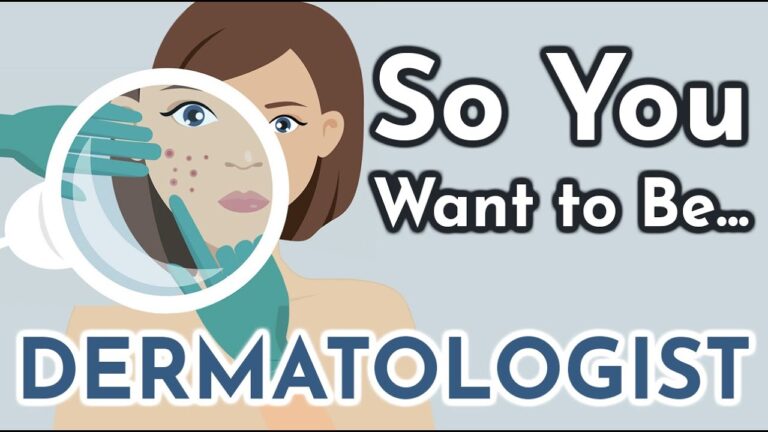Unleash Your Creativity: Tattoo Artist Job Description and Salary
Tattoo Artist Job Description A tattoo artist is a skilled professional who creates permanent designs on the skin using needles and ink. They work closely with clients to understand their vision and preferences for the tattoo design, ensuring that it meets their expectations. Tattoo artists need to have excellent artistic skills and a deep understanding of various tattooing techniques.
In addition to creating designs, tattoo artists are responsible for maintaining a clean and sterile working environment. They must follow strict health and safety regulations to prevent infection and ensure the well-being of their clients. Tattoo artists should also be knowledgeable about different types of ink and equipment, as well as the latest trends in the industry.
Tattoo Artist Salary The salary of a tattoo artist can vary depending on several factors, including their level of experience, the location of their studio, and the demand for their services. On average, a tattoo artist can earn between $30,000 and $60,000 per year. However, highly skilled and renowned tattoo artists can make significantly more.
Many tattoo artists also have the opportunity to earn additional income through tips from satisfied clients. Additionally, some tattoo artists may choose to work on a freelance basis, which can provide more flexibility and potentially higher earnings.
Overall, becoming a tattoo artist can be a rewarding career for those with a passion for art and creativity. With the right skills and dedication, tattoo artists can build a successful and financially rewarding profession in the tattoo industry.

Tattoo Artist Job Description Template
Tattoo Artist Job Description
A tattoo artist is a professional who creates and applies permanent designs on the skin using ink and needles. They work closely with clients to understand their desired designs and ensure they are executed accurately, safely, and efficiently.
The primary responsibilities of a tattoo artist include:
1. Designing: Tattoo artists collaborate with clients to create unique and personalized designs. They must possess excellent artistic skills and have a deep understanding of various tattoo styles, such as traditional, realistic, or tribal. They use their creativity to transform client ideas into visually appealing tattoos.
2. Applying Tattoos: Tattoo artists use sterilized equipment and follow strict safety protocols to apply tattoos. They ensure that the needle depth and pressure are appropriate to prevent any discomfort or complications. Tattoo artists also advise clients on proper aftercare to ensure the tattoo heals properly.
Other important aspects of the job include maintaining a clean and organized work area, staying up-to-date with industry trends and techniques, and adhering to health and safety regulations. Strong communication skills are essential to effectively interact with clients and understand their expectations.
In addition to technical skills, tattoo artists should have a passion for art, attention to detail, and patience. They should also be able to work well under pressure and handle any unexpected challenges that may arise during the tattooing process.
Overall, a tattoo artist plays a crucial role in providing clients with a permanent form of self-expression while prioritizing their safety and satisfaction.
Tattoo Artist Responsibilities
Tattoo Artist Requirements
How Much Does A Tattoo Artist Make?
Tattoo Artist Salary
| City | Salary Range |
|---|---|
| New York, NY | $35,000 – $100,000 |
| Los Angeles, CA | $30,000 – $90,000 |
| Miami, FL | $25,000 – $80,000 |
| Chicago, IL | $28,000 – $85,000 |
| Seattle, WA | $26,000 – $75,000 |
A tattoo artist’s salary can vary depending on factors such as location, experience, and demand for their services. The table above provides a general salary range for tattoo artists in different cities. It is important to note that these figures are estimates and can vary significantly. Tattoo artists may also earn additional income through tips and commissions. Additionally, factors such as reputation, skill level, and specialization can impact earning potential in this profession.
Tattoo Artist Salaries by Country
Top Paying Countries for Tattoo Artist
| Country | Average Salary (USD) |
|---|---|
| United States | 60,000 |
| Australia | 50,000 |
| Canada | 45,000 |
| Switzerland | 40,000 |
| United Kingdom | 35,000 |
A tattoo artist’s salary can vary significantly depending on the country they work in. The table above lists some of the top paying countries for tattoo artists. According to the data, the United States offers the highest average salary for tattoo artists at $60,000 per year. Australia comes in second with an average salary of $50,000, followed by Canada at $45,000. Switzerland and the United Kingdom also offer competitive salaries at $40,000 and $35,000 respectively. It’s important to note that these figures are averages and individual salaries may vary based on factors such as experience, skill level, and demand for tattoos in a particular country.
A video on the topic Tattoo Artist
Interview Questions for Tattoo Artist
1. How long have you been working as a tattoo artist?
I have been working as a tattoo artist for 8 years now.
2. What inspired you to become a tattoo artist?
I have always been passionate about art and self-expression. Tattooing allows me to combine my love for art with the opportunity to create meaningful and permanent artwork on people’s bodies.
3. What is your preferred tattooing style?
My preferred tattooing style is realism. I enjoy creating detailed and lifelike portraits or nature-inspired tattoos.
4. How do you ensure the safety and hygiene of your tattoo studio?
I strictly adhere to all health and safety regulations. I use disposable needles and tubes, sterilize all equipment before and after each tattoo, and maintain a clean and sanitized working environment.
5. How do you work with clients to create custom tattoo designs?
I believe in collaborating with my clients to bring their ideas to life. I listen to their vision, offer my creative input, and work closely with them throughout the design process to ensure their satisfaction.
6. What advice do you give to clients who are getting their first tattoo?
I always advise first-time tattoo clients to carefully consider their design choice and placement. It’s important to choose something that holds personal meaning and to select a body area that they are comfortable with.
7. How do you handle difficult or indecisive clients?
Patience and clear communication are key when dealing with difficult or indecisive clients. I try to understand their concerns and offer suggestions or alternatives that align with their preferences.
8. What is the most challenging tattoo you have ever done?
The most challenging tattoo I have done was a full back piece with intricate geometric patterns. It required meticulous attention to detail and took several sessions to complete.
9. How do you stay updated with the latest tattooing techniques and trends?
I regularly attend tattoo conventions, workshops, and seminars to learn from other artists and stay updated with the latest techniques and trends. I also follow reputable tattoo artists on social media for inspiration.
10. What do you love most about being a tattoo artist?
What I love most about being a tattoo artist is the ability to connect with people on a personal level and create artwork that becomes a part of their identity. It’s incredibly rewarding to see the joy and confidence that tattoos bring to my clients.






